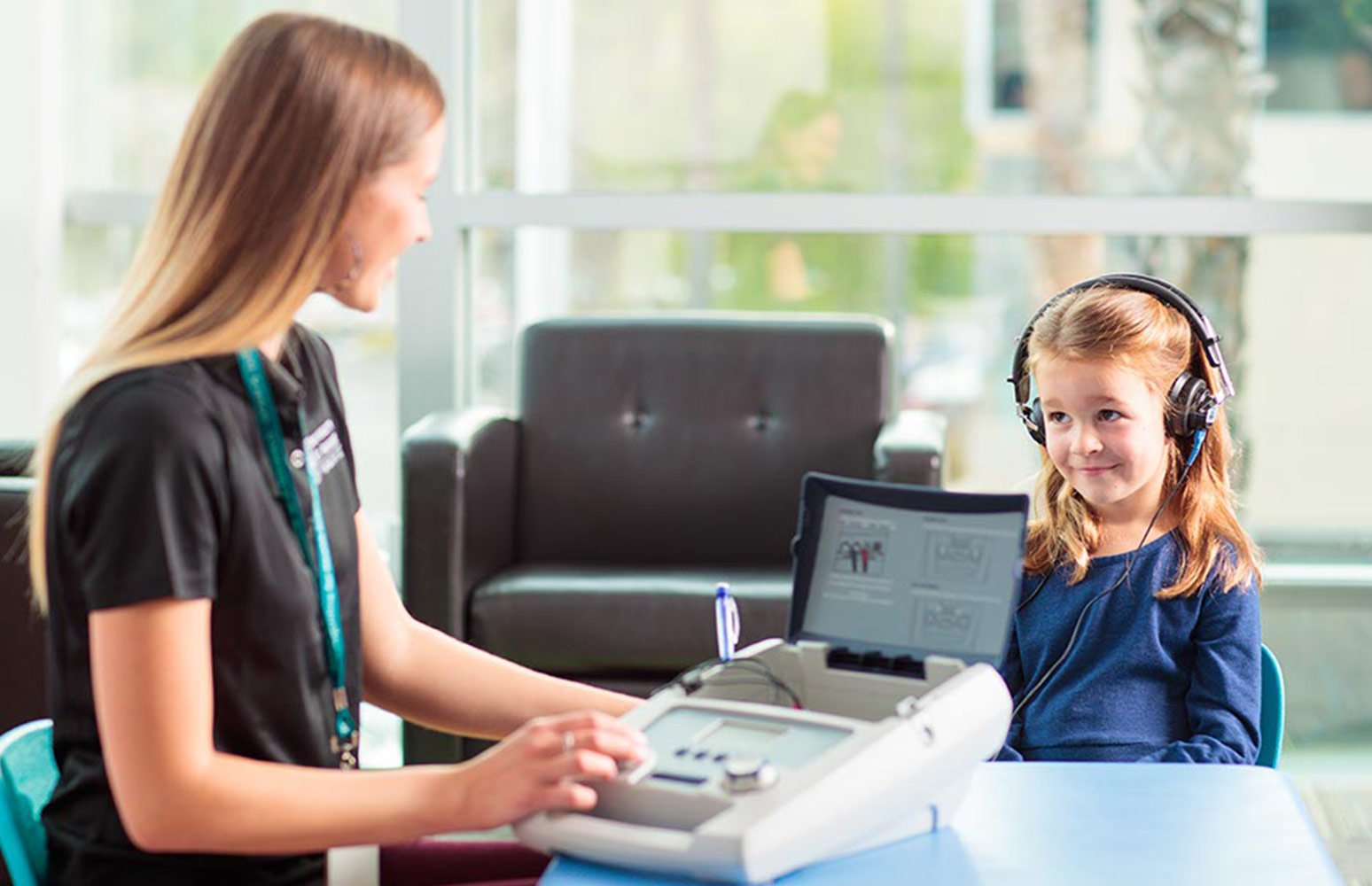Common Issues a Speech Pathologist Can Address Quickly
Common Issues a Speech Pathologist Can Address Quickly
Blog Article
How a Speech Pathologist Can Help Improve Interaction Skills
Effective communication is a foundation of expert and individual success, yet many individuals deal with difficulties that impede their capacity to share themselves plainly. A speech pathologist is equipped to attend to these barriers via targeted assessment and treatment techniques customized to each individual's demands.
Recognizing Interaction Disorders
Comprehending communication disorders is crucial for identifying exactly how they influence individuals' ability to express themselves and engage with others. Interaction conditions encompass a vast array of difficulties that influence speech, language, and social communication, frequently preventing efficient communication. These disorders can arise from different elements, consisting of neurological conditions, developing delays, physical impairments, or psychological concerns.
Speech disorders might manifest as difficulties in fluency, articulation, or voice production, impacting just how words are pronounced or spoken. Language problems, on the other hand, involve difficulties in understanding or making use of language, which can restrain both non-verbal and verbal interaction. Social communication conditions are characterized by problems in the pragmatic aspects of interaction, such as taking turns in conversation or understanding social signs.
The consequences of interaction conditions are extensive, impacting not just the individual's ability to communicate thoughts and feelings yet also their social relationships, instructional opportunities, and overall high quality of life. Recognition of these conditions can promote empathy and support, encouraging reliable strategies for interaction and engagement. Recognizing the complexities of interaction problems is a crucial step towards promoting inclusivity and resolving the needs of those impacted.
Duty of a Speech Pathologist
Speech pathologists often play an important role in treating and detecting communication conditions, utilizing a series of evidence-based strategies tailored to each person's requirements. These specialists deal with people throughout the lifespan, from children with speech hold-ups to grownups recouping from strokes or distressing brain injuries. Their know-how encompasses a selection of interaction concerns, including expression, voice, fluency, and language disorders.
In restorative setups, speech pathologists utilize organized treatments designed to boost interaction abilities. They may carry out strategies such as speech workouts, language video games, and social interaction training to facilitate improvements in receptive and meaningful language capacities. Speech Pathologist. Additionally, they inform customers and their households regarding effective interaction techniques and flexible techniques to navigate day-to-day communications
Beyond direct therapy, speech pathologists team up with other health care teachers, professionals, and caretakers to ensure a detailed technique to treatment. They advocate for customers by providing resources and support, allowing people to accomplish their interaction goals and boost their overall quality of life. As specialists in the field, speech pathologists are vital in fostering effective communication, advertising freedom, and improving social participation for those with interaction challenges.
Evaluation and Diagnosis Refine
The evaluation and medical diagnosis process conducted by speech pathologists generally includes a comprehensive analysis to identify communication disorders precisely. This procedure starts with a comprehensive situation background, where the clinician collects important details regarding the person's medical, academic, and developing history. Understanding the context of the person's interaction problems is crucial for a precise medical diagnosis.
Complying with the case history, speech pathologists use standard tests and informal evaluations to review various aspects of interaction, consisting of speech audio production, language understanding, expressive language, and social interaction skills. These assessments are customized to the individual's age and particular problems, offering useful information for evaluation.
Monitoring is also an essential part of the analysis procedure, as it enables the clinician to see direct just how the individual communicates in natural settings. In addition, meetings with household participants and instructors can offer insight right into the individual's interaction challenges throughout different environments.
As soon as the examination is total, the speech pathologist synthesizes the searchings for to figure out a diagnosis and suggest ideal treatments. This thorough assessment procedure makes certain that people get targeted support customized to their special communication needs, laying the foundation for efficient therapeutic methods.
Restorative Techniques and Strategies
Countless restorative strategies and techniques are used by speech pathologists to address a variety of communication disorders successfully. One extensively utilized method is articulation therapy, which concentrates on dealing with speech appears via rep and aesthetic cues. This method is specifically valuable for people with speech sound conditions.
An additional reliable method is language treatment, which improves both responsive and meaningful language abilities. This might involve interactive activities that promote vocabulary development, syntax understanding, and conversational abilities. In addition, speech pathologists usually use social skills training to improve pragmatic language capacities, making it possible for individuals to browse social interactions much more efficiently.
Fluency shaping and stuttering modification strategies are especially designed to assist those experiencing fluency disorders. These methods help clients establish smoother speech patterns and handle the psychological and physical components of stuttering.
In addition, augmentative and alternative interaction (AAC) systems are employed for people with extreme communication problems. These systems, which can consist of motions, symbols, or electronic gadgets, offer crucial support for efficient communication.
Advantages of Speech Treatment

In addition, speech therapy can help in creating vital listening and comprehension skills, promoting much better communication in conversations. People with cognitive-communication problems can also profit, as therapy concentrates on reinforcing memory and problem-solving abilities, vital for effective communication.
An additional crucial aspect is the emotional support offered throughout therapy sessions. Speech pathologists create a secure setting, encouraging people to conquer anxiety and irritation relevant to their interaction issues. This assistance can bring about boosted self-esteem and overall mental health.
Moreover, early intervention via speech treatment can protect against additional issues, making certain that people reach their full communicative potential. Generally, the advantages of speech therapy extend beyond simple speech enhancement, favorably affecting numerous dimensions of life for those affected by interaction troubles.
Verdict
In summary, speech pathologists play a crucial duty in resolving interaction conditions via evaluation, diagnosis, and customized therapeutic treatments. By utilizing evidence-based methods, these professionals improve people' speech and language capabilities, promoting boosted clearness, fluency, and social communication abilities. The benefits of early intervention underscore the value of looking for help from speech pathologists, as their expertise can substantially improve communicative potential, ultimately resulting in better success in both individual and specialist spheres.

Speech pathologists often play an important duty in detecting and treating communication problems, employing a range of evidence-based techniques customized to each individual's demands. As professionals in the area, speech pathologists are important in fostering efficient communication, advertising independence, and improving social participation for those with communication look at this website difficulties.

Report this page